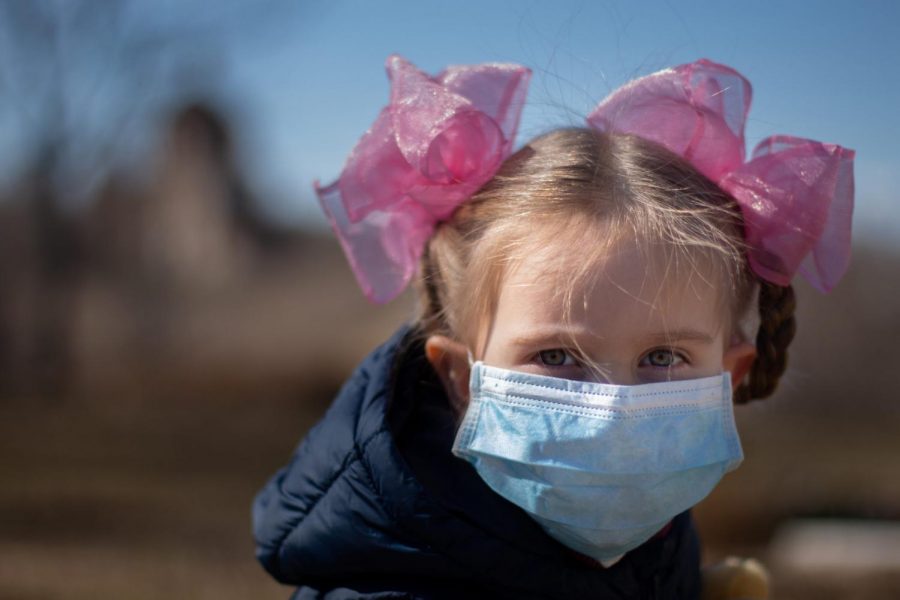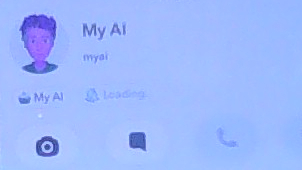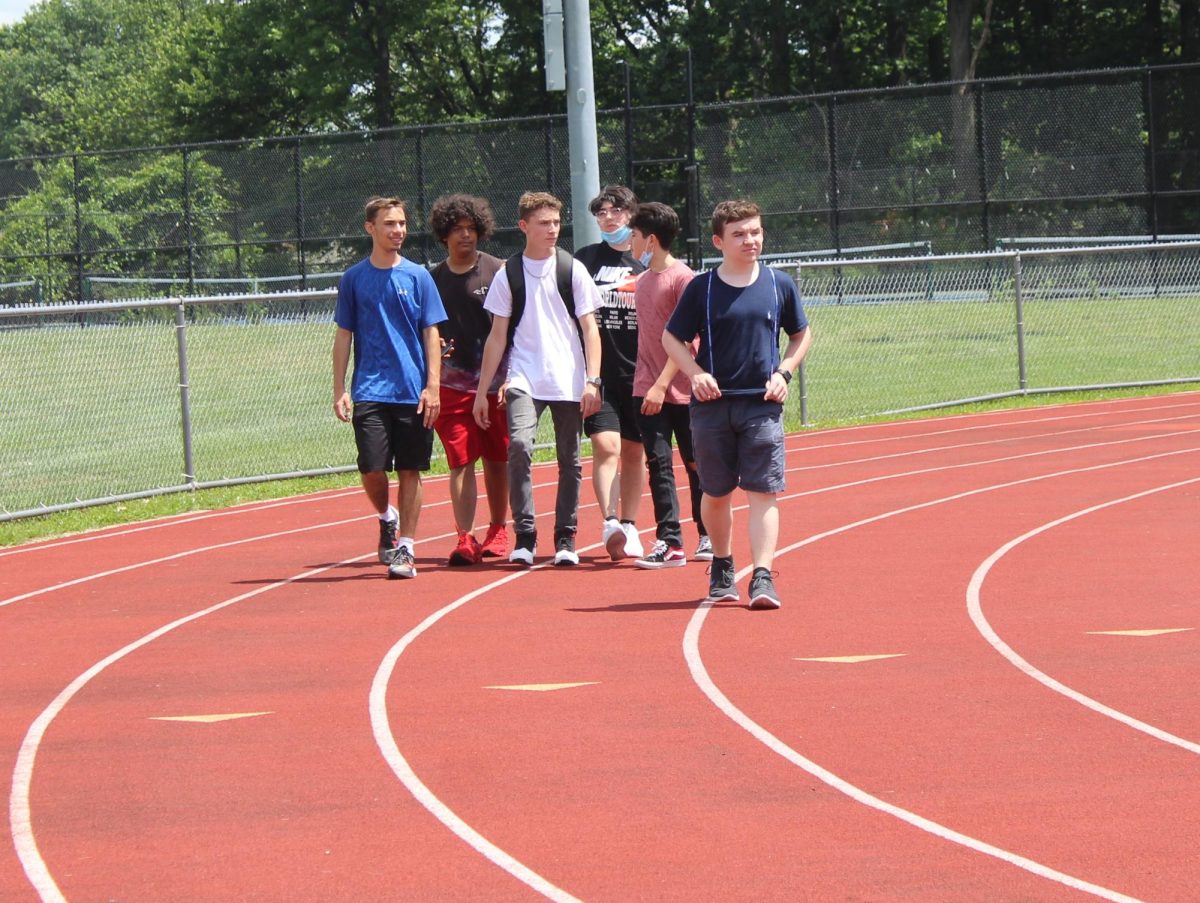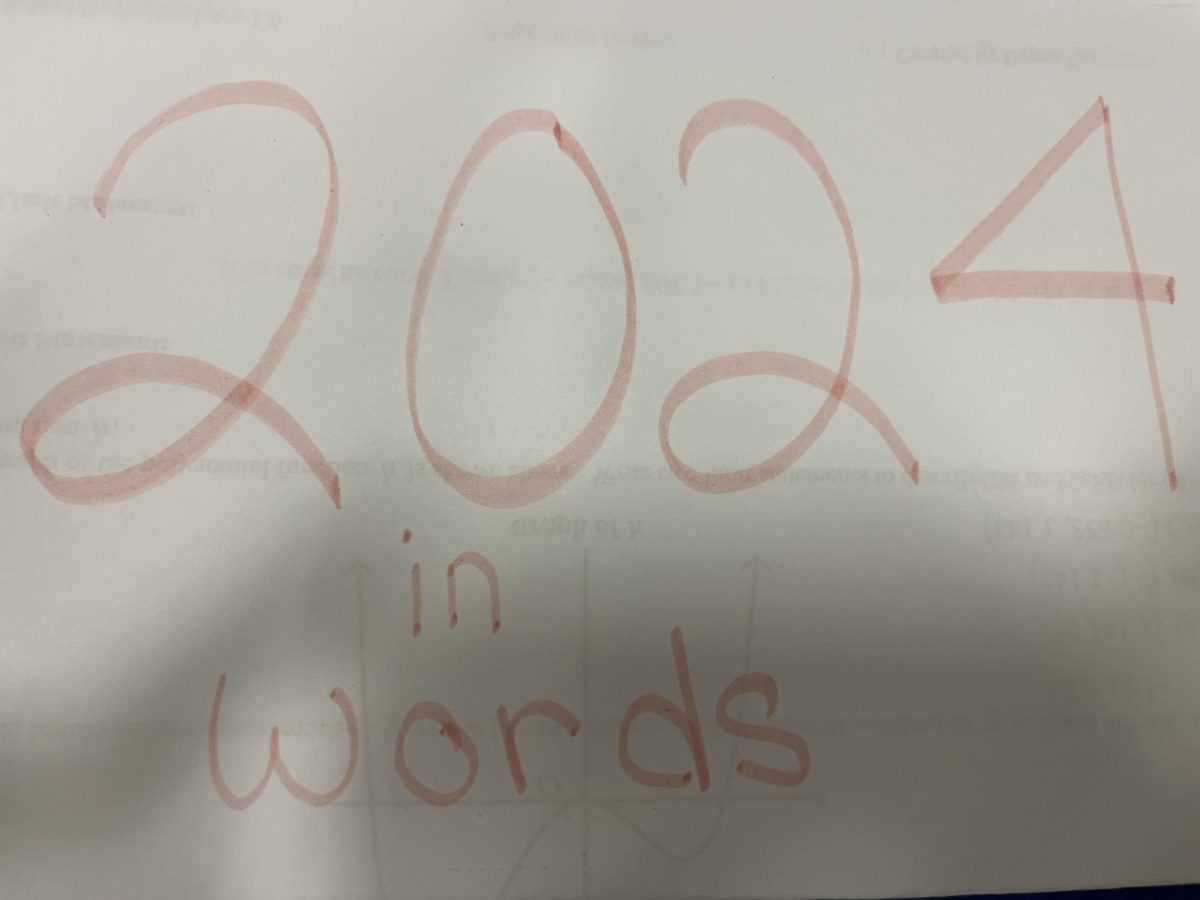Photo Credit: Photo via vperemen.com under creative commons licenses
Even younger children are obligated to wear masks throughout the country. The CDC rules require children over the age of two to wear masks.
Doctors project that most children will not suffer social development issues from the pandemic. However, the stress that parents have in coping with the hardships of the pandemic could increase a child’s stress level and behaviors.
Most children are forced to learn remotely during the time being as America’s schools are partially open. There are constant changes in routine due to schools opening and closing.
Although routines have been disrupted, experts suggest the extra time kids are spending with their families is actually beneficial. However, USA Today explained that “when a family is stressed about meeting basic needs, the next week they report more emotional distress, and the week after report increases in their child’s emotional distress.” Children will mimic what they see. Therefore, if a parent is stressed and the child sees it, the child could experience an increase in emotional distress.
Expert’s examination on socialization
Erika Hernandez, postdoctoral scholar of social development at Penn State, said to the New York Times, “The majority of neurotypical kids will be able to socialize just fine, even if we’re still wearing masks in a year. A lot of socialization happens implicitly through interactions with caregivers.”
She also states that development is a lifelong process. Doctors seem to agree that children in other cultures may not see important relatives, and they end up just fine. As the pandemic still continues, society will have to see how early child development ends up in the future.
Sally Beville Hunter, Ph.D. also said to The Times, “If you have a baby during this pandemic, you’re good for 18 to 24 months, as long as you have at least one knowledgeable adult at hand.” She believes children that age cannot understand each other’s social needs.
Hunter thinks that at ages 2-5, what children are getting from socializing with each other kids in the preschool years is moral reasoning. “They need to learn what is fair and what is right, and they learn that from being with other children.” She suggests it’s even better if the child has a sibling. Dr. Hunter does believe it’ll be tougher for only children, but they’re not in trouble.
Student’s observations
Shane Inman, a student at Colonia Middle School has a younger sister who’s 7 years old. Inman stated, “I haven’t noticed much change in her behavior, but she seems to have gained a poor work ethic.” He is confident that his sister will learn from her problem as she gets older.
In fact, recent studies have proposed that mask-wearing will allow children to look at people in their faces. They might even get better at verbal communicating.
Michael Ebner, a sophomore at Colonia High School has two younger brothers. He claims, “I’ve noticed great development in the two of them. They’ve seemed to reach a new level of maturity, and a better understanding of people around them.”
Story continues below advertisement










